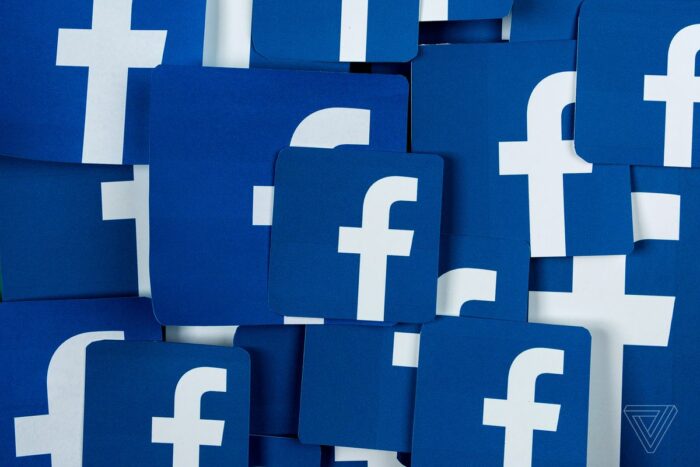Competition can be a scary idea but these numero-uno companies are in no mood to lose the race. Surprisingly, the winner is not the one who offered the most innovation but the one who could connect with people.
Let us go through some of the greatest wars between the giants of the business world:
Google Vs Yahoo

During 2000, when the world was still new to Internet, Yahoo had the major chunk in this business with 56% of search engine referrals while Google had about 1%. But as demands of the internet economy increased, Yahoo with its complex infrastructure was defeated by Google’s simple and flexible infrastructure. And today as we know, Google is nothing but synonymous to the internet.
Apple Vs Nokia

Nokia has seen a cyclone of events in its life span, from being at a net worth of $150 billion to being sold at only $7 billion that too in a stint of 7 years. Nokia scooped its own grave when it did not pay heed to that whopping value. And this befitted Apple when they came up with touchscreen technology.
Netflix Vs Blockbuster

Blockbuster was the media market giant during 2000s, and it paid two hoots to the evolving technology and turned down the offer of Netflix for a partnership. Blockbuster’s major revenue came from late fees it charged for rental DVDs, and Netflix offered subscriptions and variety with lower cost. Present- day, Netflix is ruling the media world.
Hewlett- Packard Vs Dell

When HP acquired Compaq back in 2002, it bounced ahead of Dell to become the largest PC maker. During this period Dell was facing major problem in customer service and Tech support. The battle continued fiercely, but Dell continued to decline and by 2012, Dell was third behind HP and Lenovo.
Facebook Vs Myspace

Myspace was the social media juggernaut, it had a robust capacity and generated high interest from teenagers. But as the Internet world matured, Facebook came into existence and started dominating, Myspace shifted to ‘niche’ marketing and gave up its dream of becoming a social media giant.
Amazon Vs Barnes and Noble

Amazon came, it saw, it could conquer, the huge market share held by Barnes and Noble. It was not easy for Amazon to overthrow Barnes and Noble due to the status of the latter. It was only possible because Barnes failed to realize the need to adapt itself to modern technology. Amazon had leeway in modern tech and thus become number one in the business.
At the end we can only comprehend that if you don’t learn to be adaptive in your business, the competitor will learn it on your behalf.
















